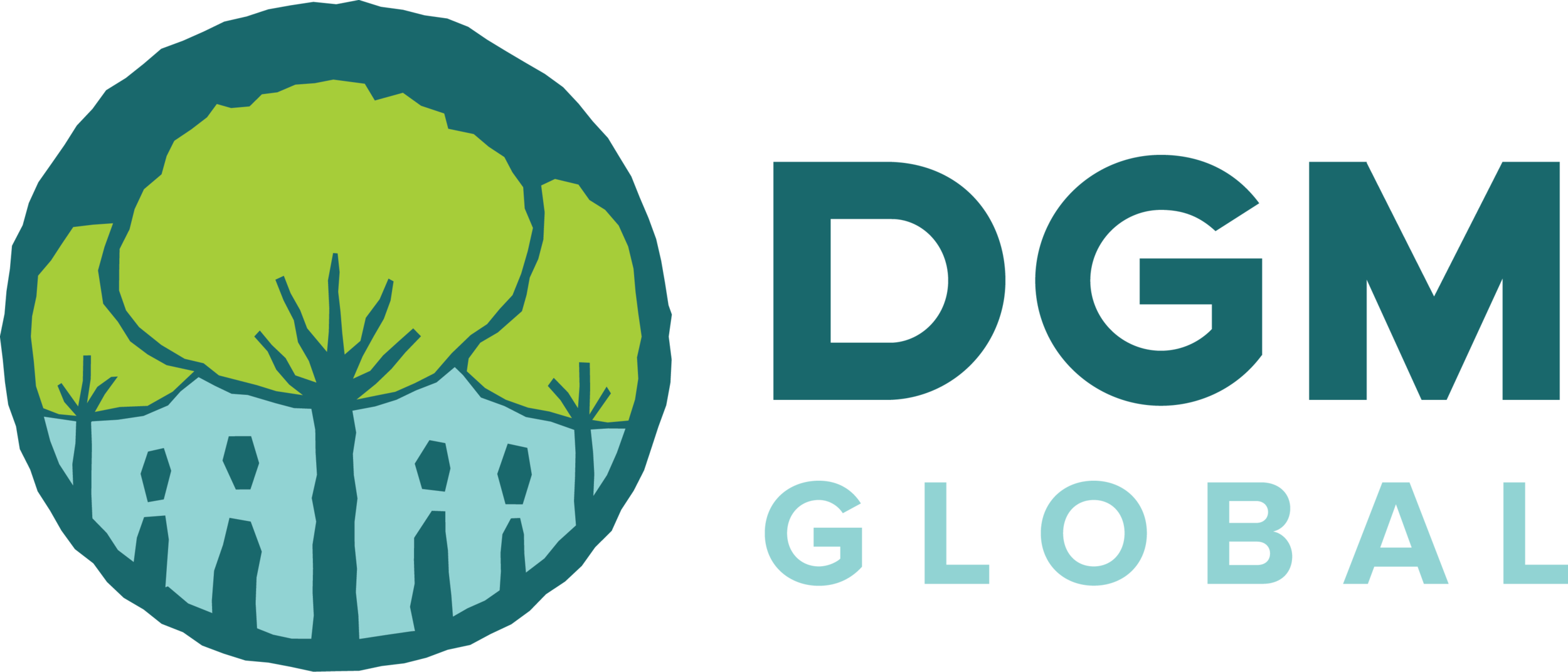Meet the 2025 DGM Global Fellows
From the Cerrado to the Congo Basin, from the Himalayas to the highlands of Guatemala—each of our Fellows brings a unique voice and vision for a more inclusive and sustainable future.
Emília Pewa’u Top’Tiro
Emília Pewa’u Top’Tiro is an Indigenous Xavante woman from Abelhinha village in Brazil and a Film and Audiovisual student at the Federal University of Mato Grosso. One of the first Xavante women to pursue professional training in this field, she uses audiovisual storytelling to empower Indigenous communities to share their own histories and perspectives.
She has co-directed the documentary Originárias, contributed to the communication strategy of the film The Fever, and participated in the Áudiozap Povos da Terra initiative, which shared COVID-19 information in Indigenous languages. Emília also worked on the music video “Ró hã Mate Awimnã”, raising awareness about the risks of selling Indigenous lands, and is now developing an animated film focused on cultural preservation and youth engagement.
Fabrícia Santarém
Fabrícia Santarém is a community leader from Brazil’s Cerrado region and serves as the vice-president of COCERARP, a cooperative dedicated to restoring degraded areas and generating income through the sustainable use of native seeds. Her involvement with DGM Brazil began in 2017, where she engaged in seed collection and direct seeding workshops, reinforcing her commitment to conservation and traditional knowledge.
She leads initiatives in ecological restoration, spring protection, and local livelihoods, and promotes collaborative approaches through mapping and seed networks. Fabrícia is recognized as a rural woman leader who integrates environmental sustainability with cultural identity and economic development.
Parbata Gautam
Parbata Gautam is a passionate advocate for Indigenous Peoples and Local Communities (IPLCs) in Nepal and the General Secretary of the Federation of Community Forestry Users Nepal (FECOFUN). With over 22 years of grassroots experience, she has been a key driver in promoting inclusive governance, gender equity, and climate resilience through community forestry.
Parbata has played a crucial role in the DGM Nepal project since its inception and has led numerous Gender Equality and Social Inclusion (GESI) trainings. Her leadership ensures that women, Dalits, Indigenous Peoples, and persons with disabilities are prioritized in decision-making. She has been instrumental in bridging local knowledge with national forest policy-making, and her legacy continues to influence equitable climate action in Nepal.
Amrit Bahadur Sunuwar
Amrit Bahadur Sunuwar is a seasoned Indigenous rights advocate from Nepal and an early supporter of the DGM Nepal project. As a National Steering Committee member, he has championed inclusive governance and participated actively in the selection of the National Executing Agency.
Amrit is the Chief Advisor and former Chair of the Federation of Indigenous Film (FINFI), which under his leadership grew to over 4,000 Indigenous filmmakers. He has also chaired the Sunuwar Welfare Society and the Kirat Coordination Committee. His work includes producing documentaries that elevate the voices and experiences of Indigenous women. A staunch proponent of gender equity, Amrit ensures that at least 50% of leadership roles in FINFI are held by Indigenous women, highlighting his commitment to balanced representation and cultural preservation.
Herlinda Matías
Herlinda Matías is an Indigenous leader and agricultural technician in the Cuchumatanes region of Guatemala. She represents ASOCUCH, a second-level association, in the Indigenous Climate Change Roundtable of Guatemala. Her involvement in the DGM Guatemala project is driven by her commitment to strengthening the capacities and livelihoods of rural Indigenous families.
Herlinda works directly with farmers on potato cultivation, vegetable farming, sheep raising, and rainwater harvesting systems in water-scarce areas. She also conducts gender and leadership training and serves as secretary of her grassroots association. Through the DGM, she advocates for the integration of traditional knowledge with sustainable environmental practices to empower Indigenous women and communities.
Erlich Ngali Fanny Fatima
Erlich Ngali Fanny Fatima is an Indigenous woman from the village of Ibonga in the Republic of Congo’s Sangha department. She is an active member of the African Women’s Network for Sustainable Development (REFADD) and a dedicated volunteer with the DGM Congo project, contributing to gender and environmental safeguards.
Erlich participates in national and local workshops addressing gender, conflict management, forest monitoring, and cooperative development. Her involvement in DGM focuses on collecting and promoting traditional ecological knowledge held by Indigenous and local women. Through her leadership, she is helping strengthen community-based conservation rooted in respect for Indigenous knowledge systems.
Stevie Akouala
Stevie Akouala is a young Indigenous woman from the village of Bene in the Plateaux department of the Republic of Congo. She became involved with the DGM Congo through local awareness-raising efforts and has since played a key role as an interpreter and communicator in her community.
A member of REPALEAC (Network of Indigenous and Local Peoples for Forest Ecosystems in Africa), Stevie regularly supports events focused on youth and women, ensuring local languages and perspectives are reflected. Her advocacy emphasizes the importance of communication in empowering Indigenous women to take ownership of environmental initiatives. Stevie represents a new generation of leaders committed to cultural preservation and inclusive conservation.






